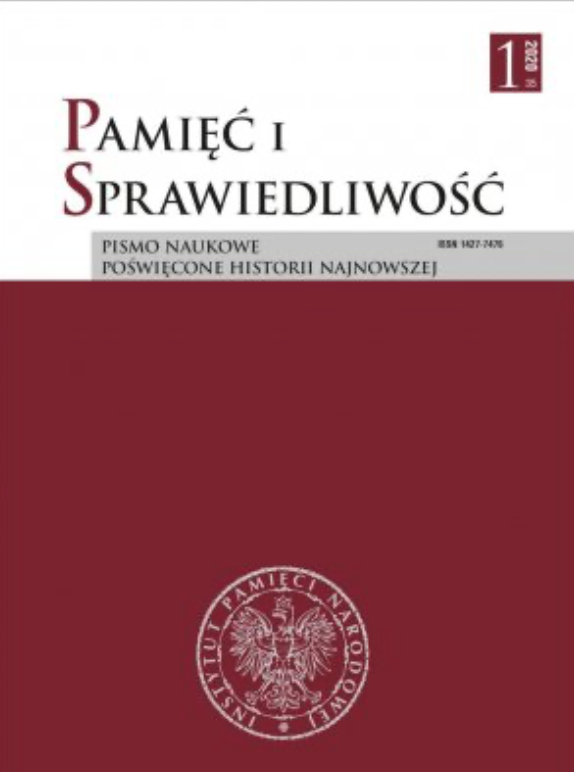Reakcje społeczeństwa jugosłowiańskiego na powstanie i rozwój Solidarności 1980–1981
Yugoslav Society and its Approach towards the Rise and Development of Solidarity 1980–1981
Author(s): Mateusz SokulskiSubject(s): Politics / Political Sciences, History, Recent History (1900 till today), Post-War period (1950 - 1989)
Published by: Instytut Pamięci Narodowej
Keywords: Solidarity;Yugoslavia; culture; dissents; support;detention;
Summary/Abstract: The beginning of the 1980s was marked in Yugoslavia by Tito’s death, an economic crisis and the start of the rivalry between its republics and their representatives. This portended further extraordinary changes in Yugoslavia. The rivalry of interests between republics was reflected also amongst the communist elite. Nevertheless their approach to the new challenges they faced was to maintain the status quo in both internal and foreign policy. They were reluctant to make any major changes in their international policies and because of that they presented a restrained attitude towards Solidarity. On the other hand, in the realm of the social and cultural life, some significant while not numerous signs of sympathy towards the upheaval in Poland at the beginning of the 1980s were visible. It was predominantly in cultural life where Polish culture was highly appreciated and Branimir “Johnny” Štulić, the frontman of the significant rock band Azra, wrote the song Poland in my heart. Both Azra and the famous Slovenian rock group Laibach reacted also to the imposing of the Martial Law on 13 December 1981. While in Johnny Štulić's lyrics, the activities of the Polish authorities were condemned, the Slovenian band recognized the measures undertaken by Jaruzelski as the proper one. It was a small group of Yugoslav dissidents from Belgrade, dominated by marxists with a minor but still significant role of liberal civil right activists, that highly appreciated thee Polish contestation towards communist authorities. The assumption of the marxist group represented by Dragomir Olujić and Pavluško Imširović was that Solidarity was the “true movement of the working class” fighting for human dignity, freedoms of conscience, speech, assembly etc. This human right context was crucial for liberal, human rights activists in their sympathy towards Solidarity. Lazar Stojanović, a anticommunist director, was the most influential person in the second group. Support for Solidarity coincided with their actions like petitions, demands directed at the Yugoslav authorities against the curtailment of social freedom. They were fascinated by the resolute stance of the Solidarity leaders and observed events in Poland with delight as they were not able to apply “Polish solutions” in Yugoslavia. A Yugoslav left-wing group led by Olujić and Pavluško Imširović carried out a few actions directed to express their solidarity with Solidarity. After the imposition of Martial Law they prepared a petition directed to Wojciech Jaruzelski and gathered five thousand signatures to show their condemnation of the Polish authorities. Despite disapproval of the authorities in Belgrade, they organised a demonstration in front of the Polish embassy to show sympathy with the victims of Martial Law in Poland. The most significant action was the flying of the flags with the inscription “Solidarity" on July 1982 during a huge public meeting organised by the authorities with theme of "Solidarity with the Palestinian nation”. Due to their activity eight people were detained and jailed while their colleagues who supported them and demanded their liberation were also imprisoned two weeks later.
Journal: Pamięć i Sprawiedliwość.
- Issue Year: 35/2020
- Issue No: 1
- Page Range: 226-251
- Page Count: 26
- Language: Polish

